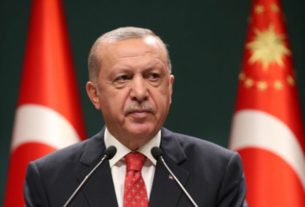STOCKHOLM: Sweden has openly criticized Germany’s energy policy, blaming it for driving up electricity costs for Swedish consumers. Energy Minister Ebba Busch expressed frustration, describing Germany’s decision to shut down its nuclear power plants as “irresponsible.”
Germany, which completed its nuclear exit in 2023, now relies heavily on renewable energy and imports, including electricity from Sweden. However, Sweden’s energy market dynamics—split into four zones—result in disproportionate price impacts, particularly in southern regions tied to German pricing.
Recently, electricity in southern Sweden reached prices up to 190 times higher than in the north during low wind periods. Busch argued that Sweden should not bear the consequences of Germany’s decisions and demanded Berlin adopt localized price zones, similar to Sweden’s system.
In protest, Sweden has halted the Hansa PowerBridge project, a proposed 700-MW subsea cable to Germany. Busch described the move as holding the cable “hostage” until Germany improves its energy strategy.
While Germany resists introducing price zones, it plans to enhance its north-south grid connections to address inefficiencies. Meanwhile, neighboring Norway has also fueled tensions, considering not renewing key cables to Denmark. Busch labeled the potential move a “catastrophe,” to which Norway’s energy minister replied, “I must remind Ebba Busch that I am Norway’s energy minister.”
As Sweden pivots back to nuclear power to address its own energy shortages, the clash highlights growing energy policy discord in Europe amid volatile electricity prices.





